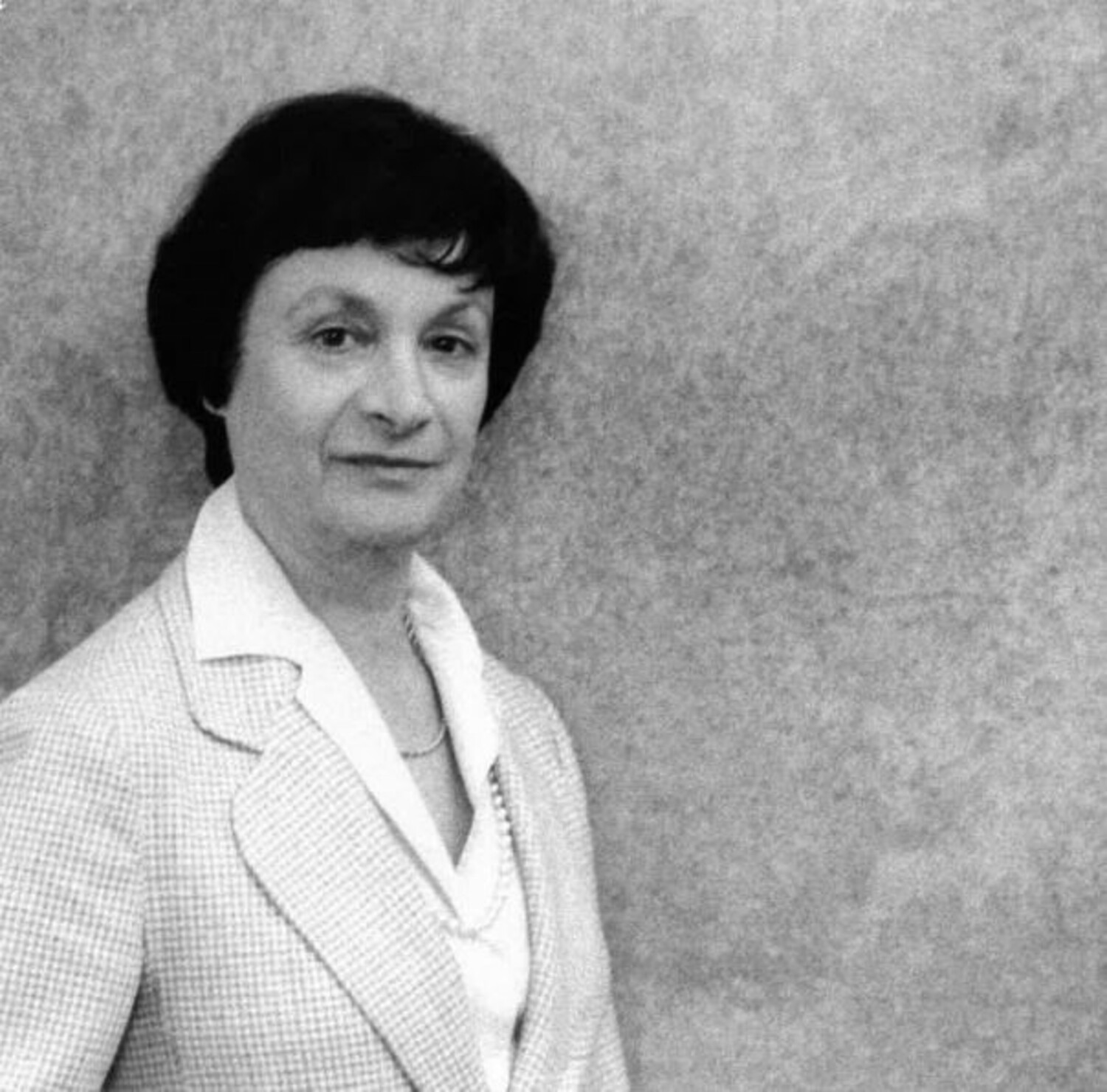
Betty A. Prashker, a book editor who broke through the glass ceiling in the post-World War II, male-dominated publishing industry, died on July 30, at a family home in Alford, Massachusetts, in the Berkshires. She was 99.
During her career, she led the editorial department first at Doubleday and then went on to become editor-in-chief and senior vice president at the Crown Publishing Group. Prashker was one of a very few women who held an executive position at a publishing house at a time when feminism was in its infancy.
Born in New York City in 1925 to Ellis Arnoff and Lillian Burger Arnoff, she fell in love with books at a very young age when confined for a year to a wheelchair with rheumatic fever. She attended the Dalton School and graduated from Vassar College in 1945, where she was known for climbing out of her dorm room window after curfew for fun with friends, cocktails and conversation.
Known as an aggressive editor who could land and retain important authors, Prashker had an uncanny ability to recognize and maneuver around obstacles. She edited iconic books of the women’s movement, including Kate Millett’s “Sexual Politics” in 1970 and, two decades later, Susan Faludi’s “Backlash: The Undeclared War Against Women.” Her authors included Isaac Asimov, Brooke Astor, Jean Auel, Dave Barry, Ann Beattie, Marie Brenner, Dominick Dunne, Stephen King, Judith Krantz, Eric Larson, Cathi Pelletier, Gay Talese, and Tommy Thompson.
She edited over 500 published books, with many dozens of those listed on the New York Times Bestseller List. In 1998, Prashker was named by Vanity Fair as one of 200 Women Legends, Influencers and Trailblazers.
Even after becoming the editorial director at Doubleday, Prashker had to battle barriers to the inner sanctums of the “old boys club” of publishing. In 1978, after noticing that her male editors were expensing their lunches at the male-only Century Club, sitting at a long table with authors like Kurt Vonnegut and Richard Rovere, she asked her boss, Ken McCormick, to nominate her, which he did.
Her nomination was endorsed by six members of the Century, including William F. Buckley Jr., an author with whom she had worked. The response was: “the Century is an organization founded by gentlemen for the pleasure of the gentlemen, and therefore Ms. Prashker’s nomination is moot.”
The Century’s discriminatory policy was later made unlawful by a New York City law that prohibited discrimination by private clubs meeting certain size and service standards, a law that withstood a challenge by the New York State Club Association in the United States Supreme Court.
When asked in an interview whether she ever resurrected the letters of recommendation after the Century was forced to allow women to join, Prashker said no, “it was the Groucho Marx idea. The important thing to do was to desegregate the place.”
She loved the Hamptons and the South Fork of Long Island, where she spent the majority of her post-retirement years. She remained active with such activities as playing tennis, taking Italian lessons, nurturing a great circle of friends, and spending time with her grandchildren and great-grandchildren.
She was a fiercely competitive tennis player with an infuriating propensity for well-placed lobs and killer drop shots. She took great pride in her classic beach home in Water Mill, her flower gardens, her porch, and the hammock in her backyard.
She was a regular patron of the Metropolitan Opera. Her sardonic quick wit was legendary, as was her storytelling, her ability to quote verses of poetry, rattle off sentences in French or Italian, or talk politics, about which she was passionate throughout her life. Everyone wanted her around their dinner table.
During her later years, she downsized to an apartment in Greenport, on the North Fork, where she lived independently until shortly before her death.
She is survived by three daughters, Susan P. (Geoffrey) Herman of Mount Vernon, Maine, Lucy (Thomas Curtin) Prashker of Alford, Massachusetts, and Marti P. Murray of East Hampton; six grandchildren; five great-grandchildren; nieces; nephews; and many friends.